
Medical
Have you ever wondered why the doctor is late? Have you been uncertain how to explain it to young children when in a waiting room? You are in luck then, as Sarah Smith, DO, has ... Read more
Student Doctor Network
Updated June 22, 2022 by Student Doctor Network

Investing
I started residency on July 1st, but even before I started, the emails began. I’m not sure if this was the result of my email address being available online, or distributed via an agreement, or ... Read more
Brent Schnipke
Updated June 24, 2022 by Brent Schnipke
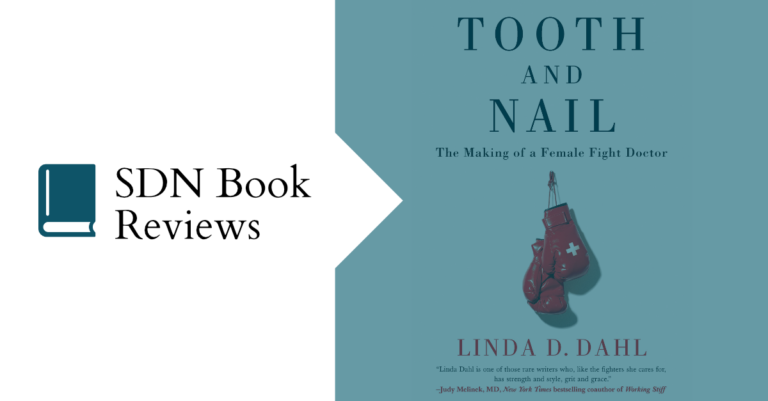
Physician Q&A
By Pratiti Roy, MD Candidate, Penn State University College of Medicine I am a first-year medical student, still trying to figure out what exactly I want to do. In an effort to leave no stone ... Read more
Pratiti Roy
Updated June 24, 2022 by Pratiti Roy
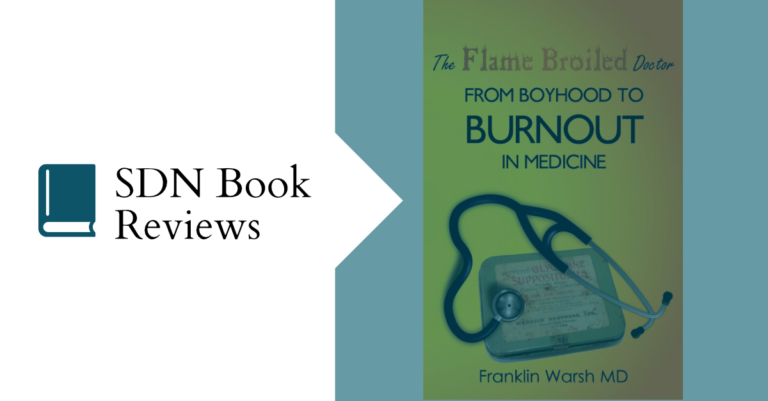
Medical
Physician burnout is something of a hot topic nowadays. I say that not to belittle it—it is a major problem that needs to be discussed—but rather to make the point that it sometimes seems that ... Read more
Pratiti Roy
Updated February 18, 2019 by Pratiti Roy
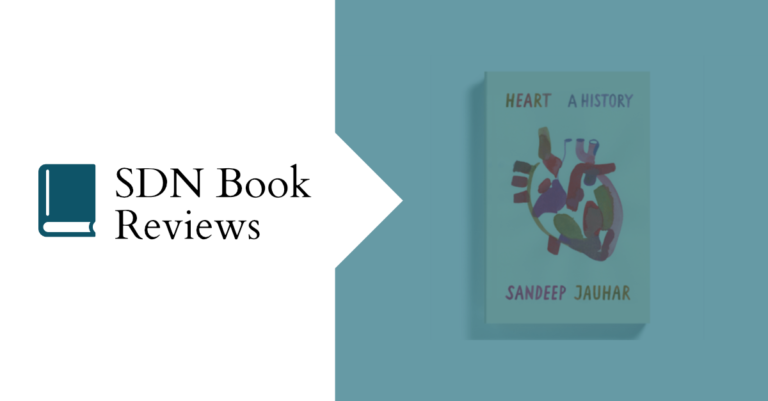
Medical
Medical nonfiction, as a genre, has grown considerably in recent years as many physicians have taken to writing for a broader audience. Although physicians have always been writers—documenting new research and ideas as various fields ... Read more
Brent Schnipke
Updated January 8, 2019 by Brent Schnipke

Residency and The Match
By Brent Schnipke Central to the skillset of every physician is the differential diagnosis; this is the process by which new patients are evaluated to establish the most likely diagnosis. Similarly, the first clinical year ... Read more
Brent Schnipke
Updated June 26, 2022 by Brent Schnipke
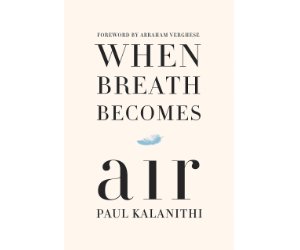
Medical
If you read one book this year, make it When Breath Becomes Air. Do yourself a favor – do not read another word about this book before picking it up and experiencing it for yourself ... Read more
Chivas Owle
Updated March 14, 2019 by Chivas Owle
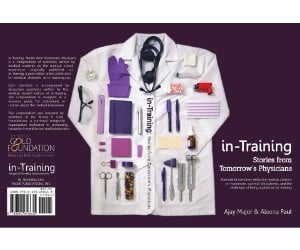
Medical School
In early 2012, medical students Ajay Major and Aleena Paul started in-Training.org, a website dedicated to the medical student community at large with a goal—according to the site—to become “the intellectual center for news, commentary, ... Read more
Student Doctor Network
Updated June 26, 2022 by Student Doctor Network
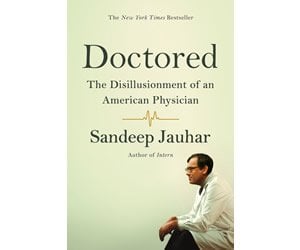
Medical
“It is our obligation to remove the biases that stand in the way of good medicine. We need to assure no consideration of economic self-interest will prevent us from giving our patients the safest, most ... Read more
Brent Schnipke
Updated March 16, 2019 by Brent Schnipke









